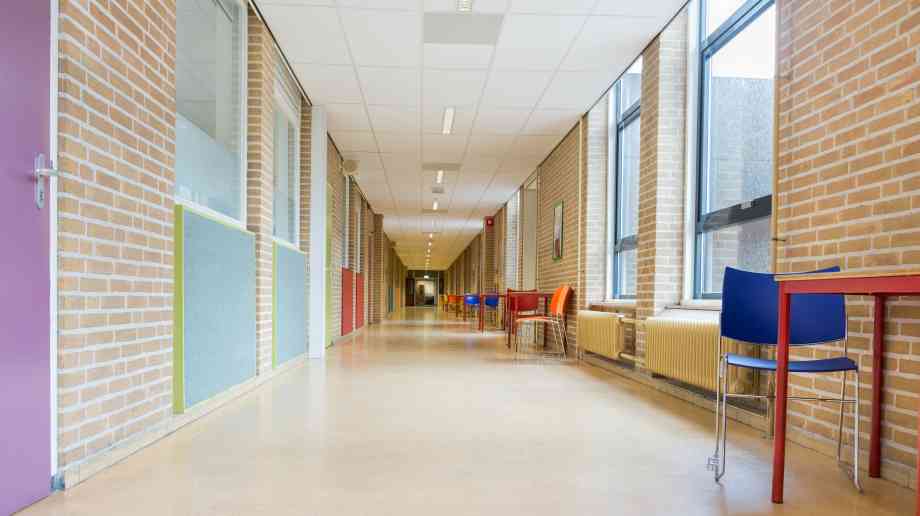Sue Robb of 4Children talks to Julie Laughton and Alison Britton from the Department for Education about the role of childminders in delivering the 30 hours free entitlement.
Tackle underperformance in both academies and council-run schools

A new report by the Education Policy Institute has found little difference in the performance of schools in academy chains and local authorities, raising question marks over the need to convert schools to academies in order to ‘boost performance’.
School Performance in Academy Chains and Local Authorities – 2017 examines the impact of academy chains and local authorities on pupil attainment, by comparing school performance in these groups at both primary and secondary level.
Taking into account characteristics such as pupil prior attainment and levels of disadvantage, as well as the historic performance of a school, the report finds that the type of school – academy or local authority – is therefore less important than being in a high performing school group. In fact, at primary (KS2), the difference in pupil improvement between the highest and lowest performing groups is well over two points on the new national curriculum assessments – the equivalent of over a full term’s progress. At secondary (KS4), the difference in pupil improvement between the highest and lowest performing groups is equivalent to half a grade in each GCSE subject.
Looking solely at performance at primary school level, local authorities make up 15 of the top 20 school groups at KS2, with the highest performing academy chain being the Harris Federation - the only academy chain amongst the top 10. Furthermore, academy chains are over-represented in the lowest performing groups. In the bottom 20 of all school groups, eight are academy chains.
Assessing academy chains and local authority performance at Key Stage 4, 14 of the top 20 performing school groups are academy chains. Of the six local authorities that are in the top 20, five are in London.
The Education Policy Institute recommends that the government should identify those academy chains where there is a significant risk of failure and build sponsor capacity in those geographical areas that are at risk from chain failure before it occurs. Additionally, in order to provide increased system capacity, the government should allow high performing local authorities to take over schools from underperforming academy chains.
Roy Perry, vice chairman of the Local Government Association’s Children and Young People Board, said: “What is more important to councils than the type of school is that every child gets the education they deserve and that will serve them best. This is why government needs to allow councils to be the effective education improvement partners they can be, ready and able to support schools of all types. There are so many ways councils can help schools and they are the democratic voice of a local community with respect to education.
“Councils have an excellent track record in maintaining high educational standards and also in turning round failing schools, with more than 91 per cent of council maintained schools now rated good or outstanding by Ofsted. Across the country, hundreds of schools, often in disadvantaged areas, are already being turned around thanks to the intervention of councils to deliver and maintain strong leadership, outstanding classroom teaching and appoint effective support staff and governors. Councils stand ready to step in and help schools where necessary. Councils should be given freedom to set up their own MATs if that is the wish of the local community and they should be given the powers to do so.”
Company Focus
BLE Lighting & Power Ltd, a leader in cutting-edge lighting and power solutions, is proud to introduce BLE Connect, a groundbreaking Fully Automated Emergency Lighting System designed to simplify the labour intensive maintenance of emergency lighting across multiple facilities.
Event Diary
UKREiiF has quickly become a must-attend in the industry calendar for Government departments and local authorities.
The multi-award-winning UK Construction Week (UKCW), is the UK’s biggest trade event for the built environment that connects the whole supply chain to be the catalyst for growth and positive change in the industry.
Supplier Profiles
Geo Energy
At GeoEnergy Design, we're on a mission to disrupt the traditional way heating and cooling ha
Latest Features
Professor Harith Alani, director of the Knowledge Management Institute at the Open University explains how AI can be used for good and bad.
Alex Lawrence, head of health & social care, techUK sets out techUK’s Five Point Plan for CareTech.

















